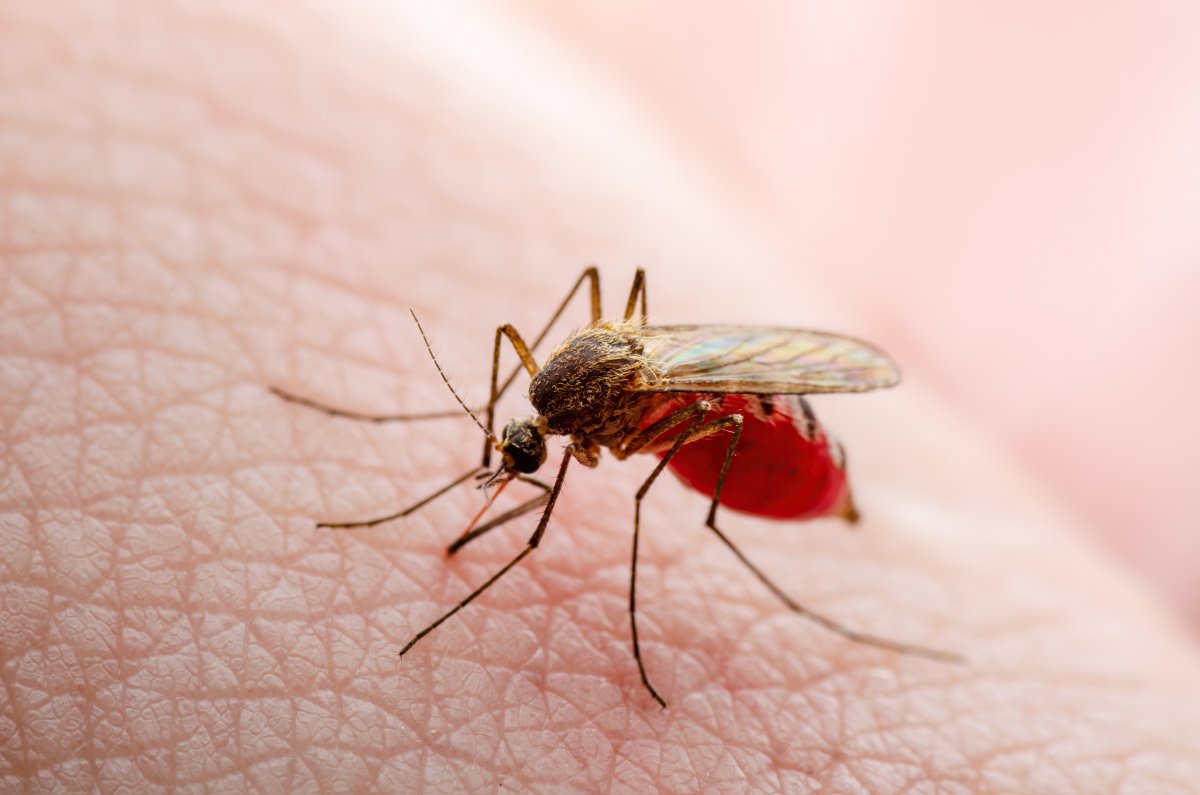Florida is now under a mosquito-borne illness alert, as cases of dengue virus ripple across the state.
There have been 11 cases of the virus reported in the state this year, most occurring in Miami-Dade County, according to the Florida Department of Health.
Dengue fever is a mosquito-borne virus, and not usually present in Florida—however it can be passed on to the insects if it is carried over from another country.
There have been a couple of hundred cases reported in Florida residents who had recently returned from countries where the virus is widespread, but these latest cases are believed to be locally acquired.

Here is everything you need to know about the virus.
Dengue is caused by the dengue virus, which is transmitted through bites of carrier mosquitoes.
The virus is usually endemic to countries with tropical or subtropical climates. This includes Africa, the Americas, Asia, the Middle East, and the Pacific Islands, according to the Centers for Disease Control and Prevention (CDC).
Fortunately, many dengue infections are mild and, often, those infected do not even have symptoms. However severe cases can be extremely dangerous, and sometimes even fatal, according to the World Health Organization (WHO.)
Those who experience mild symptoms will often get better on their own within a few weeks.
If symptoms do manifest, they could include a high fever, headache and pain behind the eyes, vomiting, swollen glands, nausea and rash.
Those who have already been infected with the virus once are at a greater risk of severe effects.
If the infection gets severe, a person may notice abdominal pain, as well as vomiting, nose bleeds, fatigue, rapid breathing, feeling weak, or very thirsty.
If an infected person notices these symptoms, medical assistance will be needed straight away.
There is no targeted treatment for the virus. The WHO reports that the best way to avoid adverse effects is early detection and adequate medical care.
Only about 1 in 20 people who get infected with the virus develop it severely, the CDC reports.
The spread of dengue has increased over time.
Globally, reported cases have grown from 505,430 in 2000 to 5.2 million in 2019, the WHO reports. Many cases are believed to go unreported.
The cases in Florida are not the only time the fever has spread to non-endemic countries. In recent years it has been detected in new areas, including parts of the U.S. and parts of Europe.
Is there a health issue that's worrying you? Do you have a question about dengue virus? Let us know via health@newsweek.com. We can ask experts for advice, and your story could be featured on Newsweek.
Uncommon Knowledge
Newsweek is committed to challenging conventional wisdom and finding connections in the search for common ground.
Newsweek is committed to challenging conventional wisdom and finding connections in the search for common ground.
About the writer
Robyn White is a Newsweek Nature Reporter based in London, UK. Her focus is reporting on wildlife, science and the ... Read more
To read how Newsweek uses AI as a newsroom tool, Click here.






